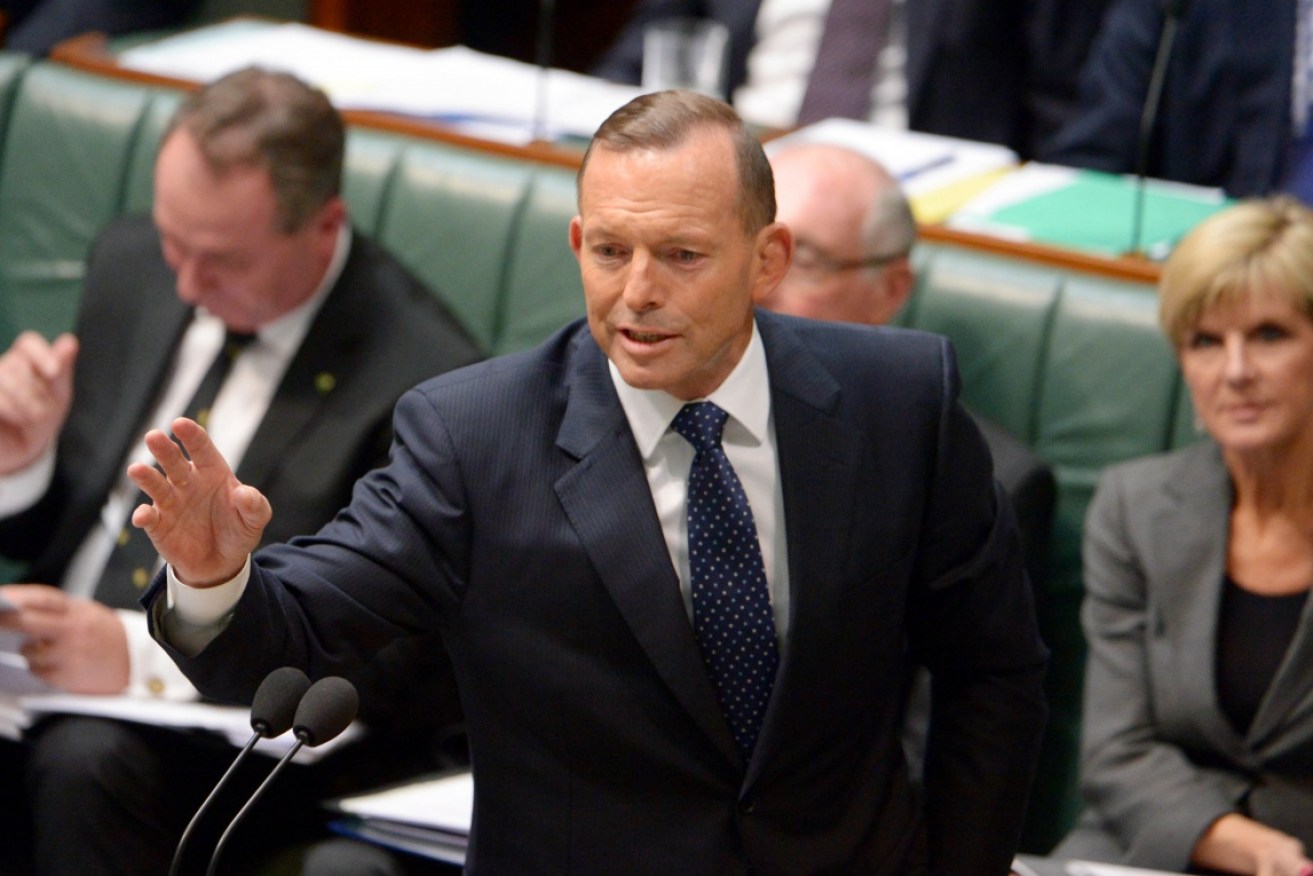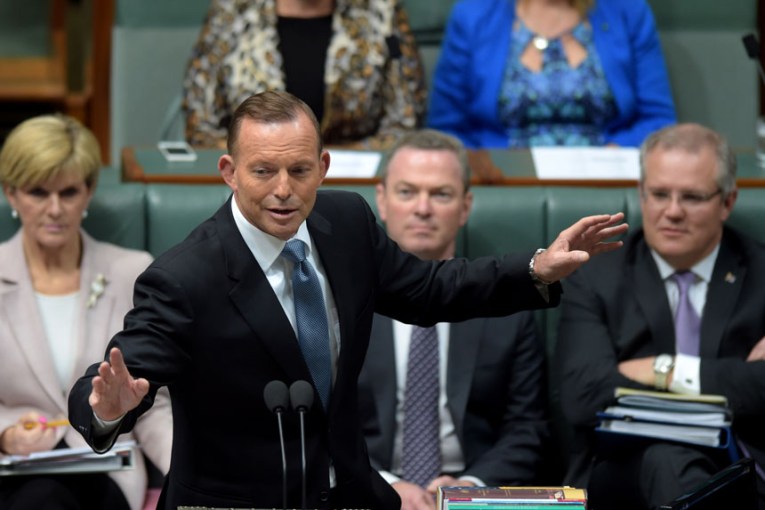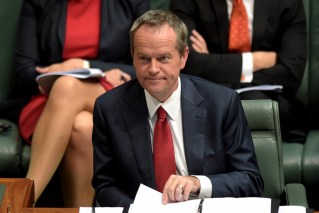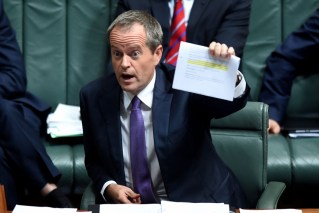Data retention could be costly


AAP
Telecommunications industry players say $131 million to maintain the new Data Retention Scheme isn’t enough – with internet users copping the shortfall though increased internet fees.
The Federal Government funding to support tougher security laws will be announced in Tuesday night’s budget, which will give federal agencies more powerful technology while helping phone and internet companies cover the cost of a new data retention regime.
The government has set aside $131 million to help the telecommunications industry to upgrade its systems to meet the new demands.
• Metadata laws pass through parliament
• Labor MP warns of ‘digital fingerprint’
• Journalists ‘stuffed’ under metadata laws: Nick Xenophon
But the industry and the government have been at odds over the cost of building and maintaining the system, raising the prospect of further tensions if the budget cash is not seen as adequate to the task.
The Communication Alliance, an industry group, in 2014, warned that the cost of designing and building the systems to meet the demands could be as high as $700 million in capital. That was later revised to $300 million in some estimates at the time the legislation was passed.
On Tuesday, Communications Alliance CEO John Stanton said the emphasis must be on ensuring that the funding shortfall – the costs that service providers must fund themselves – is as small as possible, to reduce the price impact on consumers.
“Sensible use of the exemption provisions within the Act and a pragmatic approach to encryption requirements are just two of many avenues that can be explored to avoid unnecessary cost burdens on consumers,” Mr Stanton said.
Meanwhile, Internet Society CEO Laurie Patton called on the Government to top up the proposed funding, saying any shortfall costs would be passed onto consumers through increased internet fees.
“The Government’s original cost estimate was not based on widespread industry consultation and the Internet Society is concerned that the costs have been significantly underestimated, especially in respect of small to medium sized ISPs (Internet Service Providers) that don’t have the resources to undertake the work in-house and therefore will be required to pay for external assistance,” Ms Patton said.
In March, data retention laws passed through Federal Parliament with both major parties and Palmer United Party voting for the legislation in the Senate.
The laws will force telecommunications providers to keep records of phone and internet use for two years and allow security agencies to access the records.
Companies already retain the data but for varying durations and in an unregulated environment.
“If we don’t keep this data, our crime fighting agencies and the police are flying blind,” Mr Abbott said in February.
“It seems like a small price to pay to give ourselves safety and freedom.”
The Greens argued strongly against the law, saying it would entrench “passive, mass surveillance”, while senators Nick Xenophon and David Leyonhjelm had also sought to change the legislation to increase privacy protections.
Where else will the money go?
The $450 million will go to federal police, spy agencies and the private sector to collect vast amounts of customer information and identify threats.
Part of the package will expand efforts by Australian agencies to challenge Islamic State and other extremist groups on social media, with $22m to counter violent extremism and blunt terrorist propaganda online.
The new spending adds to the $630m announced for security agencies in 2014 and already included in the budget, and is separate from other security programs such as the Australian Defence Force mission in Iraq.
The Australian Federal Police and the nation’s intelligence agencies will receive $296m in the budget to upgrade their systems so they can check on the data collected by the private sector.







